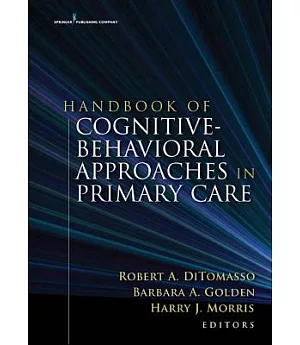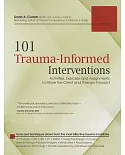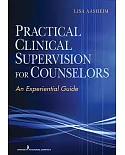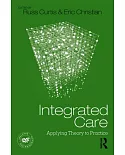"
The American Psychological Association, National Institute of Health, and the National Institute of Mental Health have strongly advocated for the integration of psychology and primary care,
as the new, cutting-edge approach to health care delivery. To address this need for integration, this seminal text provides thorough descriptions of common psychological and medical problems
that arise in primary care, and identifies cognitive-behavioral techniques to overcome these barriers.
Issues discussed include ethical dilemmas and nonadherence, as well as the treatment of behavioral and medical problems such as smoking, overeating, suicide risk, hypertension, asthma,
diabetes, chronic pain, and more. The book also elucidates the roles and functions of the cognitive-behavioral clinician in the primary care setting, offering guidance on issues such as how
to mentally prepare patients for stressful medical procedures, provide patient-centered care, enhance cultural competence, and more.
Key Features:
Discusses how to improve collaboration between mental health providers and primary care physicians
Includes guidelines for using cognitive-behavioral models with patients suffering from substance abuse, medical phobias, insomnia, and eating disorders
Provides important information on training primary care residents
Assists in elucidating the consultation process in primary care"

















